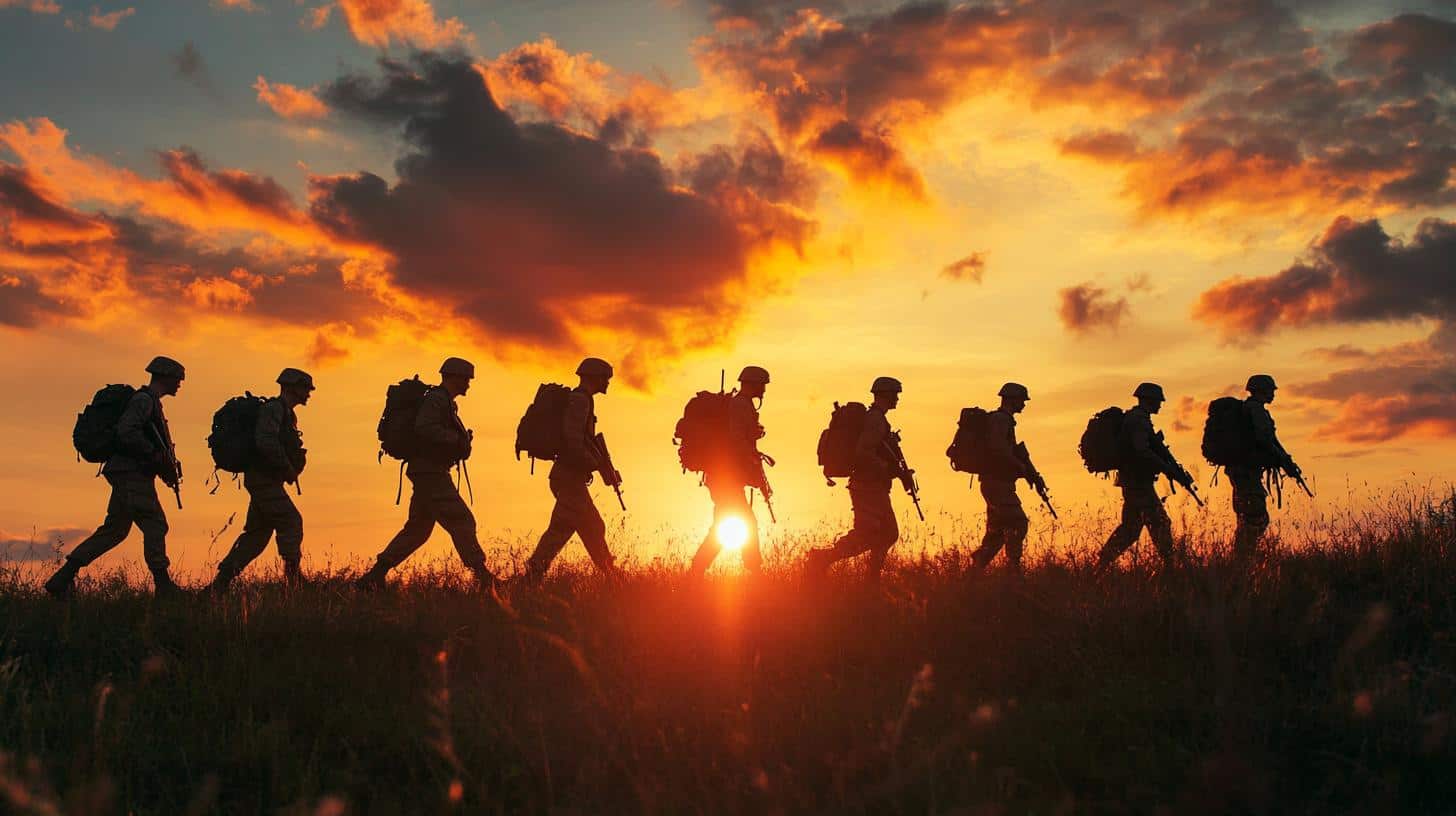In the uncertain event of a civil war, the military’s actions would be pivotal in determining the conflict’s trajectory. Historically, military involvement has varied widely depending on the nation’s political structure and military leadership’s allegiance. In some instances, militaries have attempted to remain neutral, while in others, they have chosen to back one side over the other.
Generally, a nation’s constitution may outline the military’s role in domestic unrest. For example, in the United States, the Posse Comitatus Act limits the federal military’s involvement in civilian law enforcement, which could influence how it responds to a civil conflict. However, the National Guard, under state governor control, can be mobilized for domestic missions, emphasizing the varied potential military responses.
Furthermore, the military could become a critical player in negotiations or peacekeeping. Peacekeeping missions have often been utilized in international conflicts, but a military could assume a domestic peacekeeping role to stabilize regions temporarily. Leadership priorities and ethical considerations would heavily influence such decisions.
Finally, it’s crucial to note the importance of military loyalty. Divided loyalties can lead to factions within the military itself, as seen in historical civil conflicts like those in Spain and Syria. Ultimately, the military’s course of action would depend on various factors, including legal constraints, leadership integrity, and the broader political and social landscape.
Unveiling the Military’s Role in Civil Conflicts: What You Didn’t Know
The role of the military in civil conflicts extends beyond just choosing sides. Often, their influence transcends battlefields, deeply impacting communities and nations. An interesting aspect of military involvement is the potential for military engineering units to aid civilian populations during unrest. These units can rebuild critical infrastructure, such as roads and bridges, thereby gaining civilian favor and helping stabilize regions.
Surprisingly, the concept of military neutrality can sometimes be double-edged. While neutrality may prevent further bloodshed, it can also lead to prolonged conflicts if one side sees neutrality as tacit support for their opposition. Historically, nations like Switzerland have maintained neutrality by focusing on robust civil defense systems, which provides an intriguing model for others.
One key controversy revolves around the legality and ethics of foreign military aid in domestic conflicts. Would outside intervention offer relief or exacerbate tensions? For example, in the Syrian civil war, foreign military aid provided strategic advantages to various factions but also fueled prolonged chaos and humanitarian crises.
A pressing question is: What happens if a military fractures along political or ethnic lines? Fragmentation can lead to splinter groups pursuing disparate agendas, complicating peace efforts. Yet, internal division could potentially hasten resolutions if dissenters negotiate separate peace deals.
Among the advantages of military involvement is the potential for maintenance of order and the safeguarding of humanitarian corridors. However, disadvantages include potential human rights abuses and the erosion of democratic institutions.
For more insights on military strategies and peacebuilding, visit United Nations and International Committee of the Red Cross.







